News
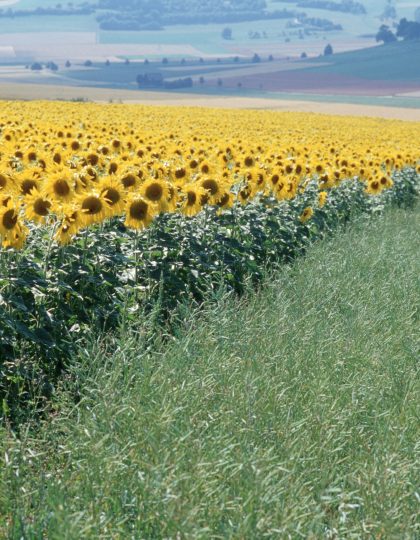
22/12/2022
Biodiversity
What the Global Biodiversity Framework means for agriculture
Two years later than initially planned, due to the COVID-19 pandemic, world leaders adopted the Kunming-Montreal Global Biodiversity Framework (GBF).…
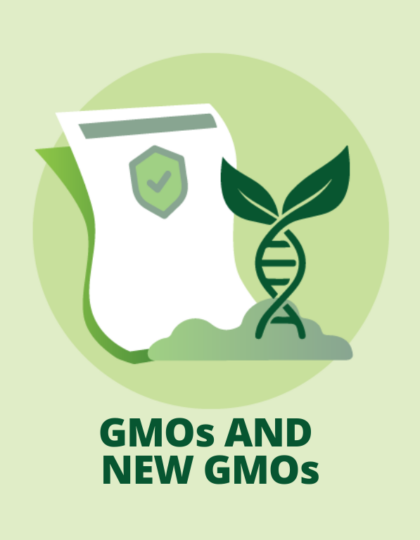
GMOs – An easy breakdown on common myths
Global grassroots organization Slow Food International has recently published a short myth-busting article with the most common, but wrong and…

Agreement on new deforestation law
EU consumption is responsible for around 10% of global deforestation. In the beginning of December, the Council and European Parliament…

1 million EU citizens knock on EU’s door: No synthetic pesticides to save bees & farmers
Over 1 million EU citizens are asking to restore nature, provide healthy food, healthy soil and clean water. On Friday 25…
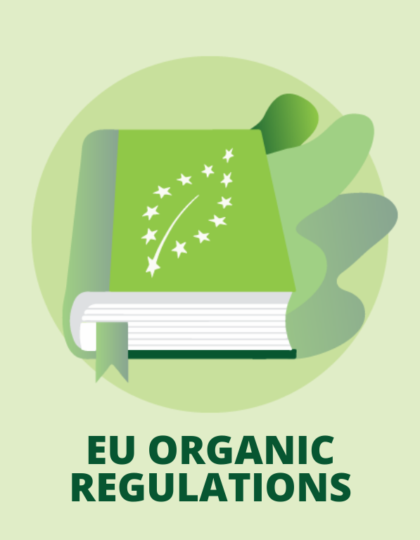
28/10/2022
Organic regulations
Changes in regulation on recognition of control authorities & bodies for the purpose of import of organic products into the EU
While the EU Organic Regulation 2018/848 has been in force since the start of the year, implementing regulation that specify…
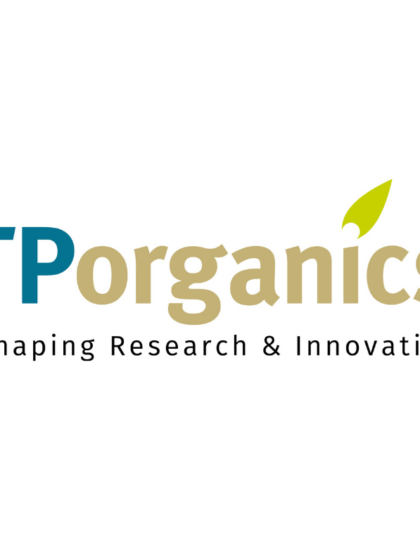
Farmers at the centre of research, innovation & knowledge exchange in TP Organics new study
Organic living labs and lighthouse farms in Europe is a brand new study by TP Organics, the European technology platform…
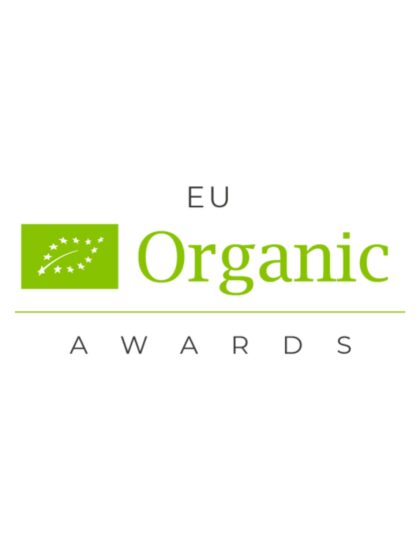
Watch the EU Organic Awards ceremony, tomorrow 23/9, 10:00
Tomorrow, Friday 23 September, there will be the second edition of the EU Organic Day, established by the European Commission…

14/09/2022
Biodiversity
European Parliament adopts position on deforestation-free products
The European Parliament has voted on its position on the Commission proposal for a regulation on deforestation-free products. On 13…

28/06/2022
Organic regulations
IFOAM Organics Europe launches a guideline on the use of Flavourings in Organic Food
One of the new EU Organic Regulation (EU) 2018/848’s novelties is the restriction of the use of natural flavourings in…

24/06/2022
Agroecology
Update on EU Research & Innovation Partnerships on Agroecology and Sustainable Food Systems
TP Organics, follows the development and implementation of two new European Research & Innovation Partnerships that will be launched in…

Alternatives to contentious input in organic - Heritage of RELACS project
The RELACS project developed and researched alternatives to contentious inputs in organic crop production – copper and mineral oils, nutrient…

Wrapping up the RELACS project: Policy roadmaps, videos & other publications
The RELACS project, which aims at finding alternatives to contentious inputs in organic farming, came to an end on 29…

Welcome note March 2022 newsletter
Dear readers, These are troubling times for Europe and the world. On top of climate and biodiversity crises we now…

22/03/2022
Organic regulations
Guidelines to help interpret EU Organic Regulation now online
After a 10-year long process, the new EU Organic Regulation has started to apply on 1 January 2022. The basic…

Expert on recycled fertilisers? Join our Task Force on Recycled Fertilisers
IFOAM Organics Europe’s Board created a Task Force on Recycled Fertilisers. This decision comes in the context of the “Integrated…

Soil Health Law: Organic movement’s contribution to public consultation
60-70% of soils in the EU are not healthy and the EU still lacks a comprehensive soil protection policy. In…

Welcome note February 2022 newsletter
Dear Readers, I would like to welcome you back after the winter break and take this opportunity to wish you…
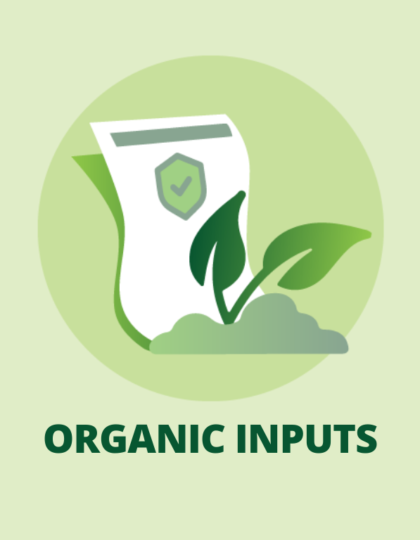
Trialogues on Regulation on Statistics on Agricultural Inputs and Outputs to start
On 10 December, the Council of the EU approved its mandate for negotiations on the Regulation on Statistics on Agricultural…
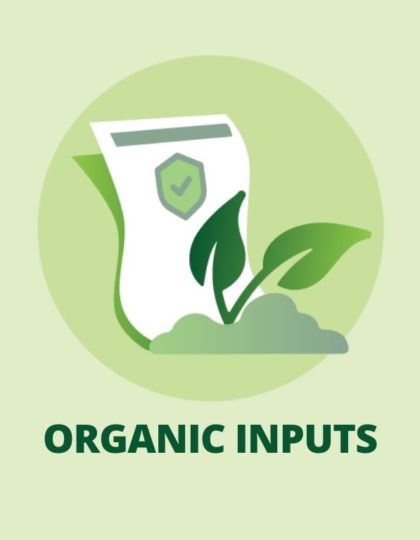
Revised Directive for a Sustainable Use of pesticides expected on 23 March
The indicative calendar of the European Commission for the first half of 2022 mentions the launch of a “Nature restauration…
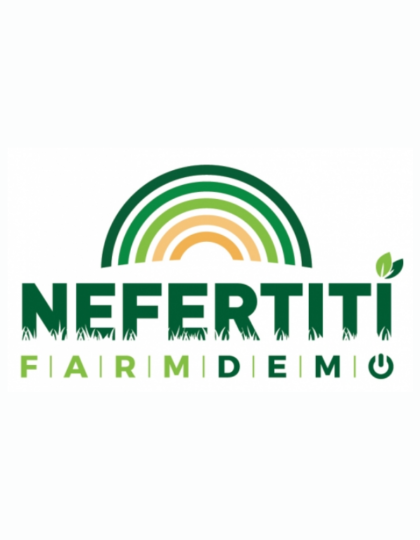
New tools and practices for organic dairy sector from the NEFERTITI project
Looking for inspiration for improving organic dairy farming? Check out the new videos from the NEFERTITI project that showcase tools…

19/01/2022
Animal welfare
Feedback to the public consultation on animal welfare
The European Commission launched a public consultation on the revision of the EU legislation on animal welfare. IFOAM Organics Europe…

05/01/2022
Organic regulations
New EU Organic Regulation: Guidelines & main changes
After a 10-year long process, the new EU Organic Regulation has started to apply on 1 January 2022. The basic…

05/01/2022
Organic regulations
Update on consolidated version of Regulation (EU) 2018/848
After ten years of activities, the New EU Organic Regulation (EU) 2018/848 has entered into application. As expected, many delegated…

Welcome note December 2021 newsletter
Dear readers, 2021 has been another turbulent year, again with great successes and challenges. Just like last year, I would…

14/12/2021
Organic regulations
EU Organic Regulation guide – Beta version online for members!
As most of you are very much aware of, the new EU Organic Regulation (EU) 2018/848 will be applied in…

10/12/2021
Organic regulations
New Implementing Regulation of the new EU Organic Regulation published
Commission Implementing Regulation (EU) 2021/2119 related to the new EU Organic Regulation has just published, a few weeks before its…

Read our new leaflet on plant health care in organic farming
Have you ever heard of all the preventive plant protection measures implemented by organic farmers to produce food without using…
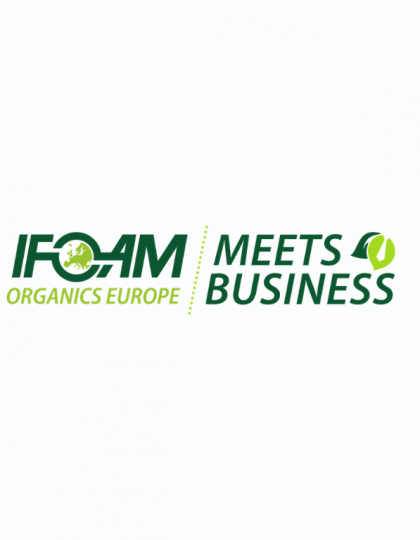
IFOAM Organics Europe Meets Business: Bridging business and EU policies, 7 December, online
On 7 December 2021, players from the whole (organic) supply chain – including processors, traders, retailers, and certifiers – joined the…

08/12/2021
Organic regulations
Organic movement defines integrity of organic supply chain
The new EU Organic Regulation (EU) 2018/848 puts integrity of the organic supply chain at its core principles. However, there…

25/11/2021
Animal welfare
Public consultation revision EU legislation on Animal Welfare open until 21 January 2022
The European Commission launched a public consultation on the revision of the EU legislation on animal welfare, open until 21…
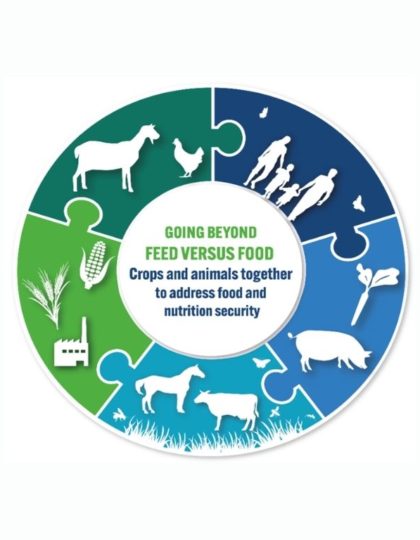
Addressing food & nutrition security at ATF-FEFAC event - Brussels, 18 November 2021
Nowadays, livestock and crop production are intensive and specialised with negative impact on the nutrient flows and environment. An efficient…

25/10/2021
Organic regulations
Looking for a guide to run you through the new EU Organic Regulation? We’ve got you covered!
New Organic Regulation (EU) 2018/848 will apply from 1 January 2022. The basic regulation published in June 2018 will be…
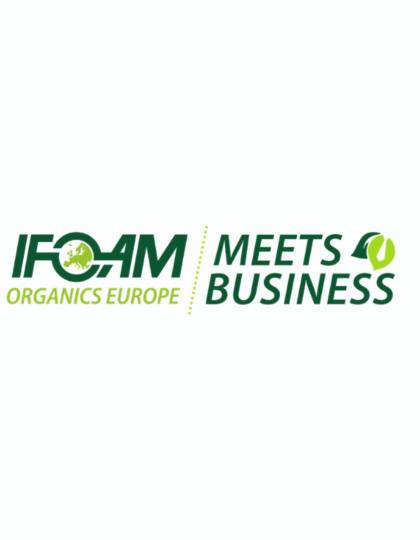
Register now for IFOAM Organics Europe Meets Business on 7 December, online – The event for companies involved & interested in organic
Register now for the upcoming 4th edition of IFOAM Organics Europe Meets Business, taking place virtually on 7 December. This…
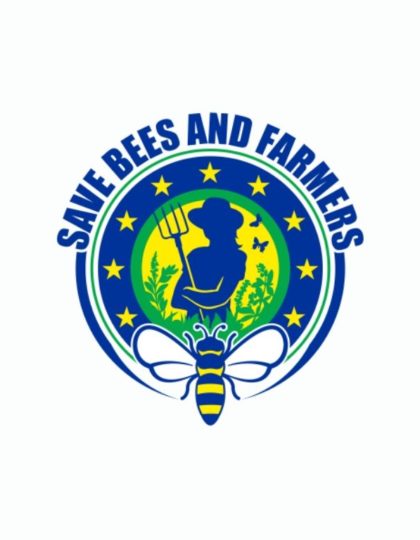
Over 1 million signatures demanding a restoration of biodiversity & support for farmers
Across Europe, more than 1 million citizens are calling for a reduction of 80% in the use of synthetic pesticides…

29/09/2021
Organic regulations
New EU Organic Regulation applies 1 January 2022: Guide to help operators coming soon
New Organic Regulation (EU) 2018/848 will apply from 1 January 2022. The basic regulation published in June 2018 will be…
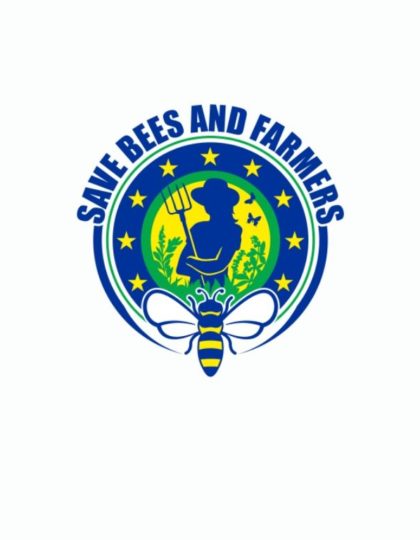
22/09/2021
Biodiversity
Sign ‘save bees and farmers’ before 30 September!
In case you have not signed the European Citizens’ Initiative to ‘Save bees and farmers’ yet, you can still do…

17/09/2021
Organic regulations
Feedback to public consultation on the Revision of the EU legislation on Animal Welfare
During the summer, the European Commission launched an Inception impact assessment (roadmap) on the revision of EU legislation on animal…

06/08/2021
Biodiversity
Only few days left to sign the European Citizens’ Initiative to save bees and farmers!
To those in our network who have not signed the European Citizens’ Initiative to ‘Save bees and farmers’ yet, you…

19/07/2021
Organic regulations
Fill in our survey on pesticide residues in organic for a better and more harmonized future legal framework
The new EU Organic Regulation (EU) 2018/848 will enter into application in a few months, and there will not be…
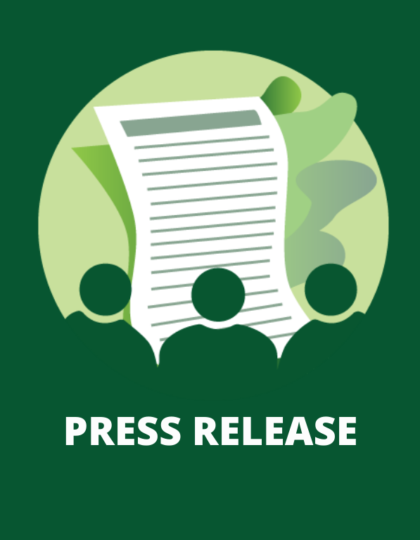
How can EU policies consider organic farming’s benefits for biodiversity?
IFOAM Organics Europe recently published a new report highlighting the contribution of organic farming to protecting Europe’s biodiversity. By setting…
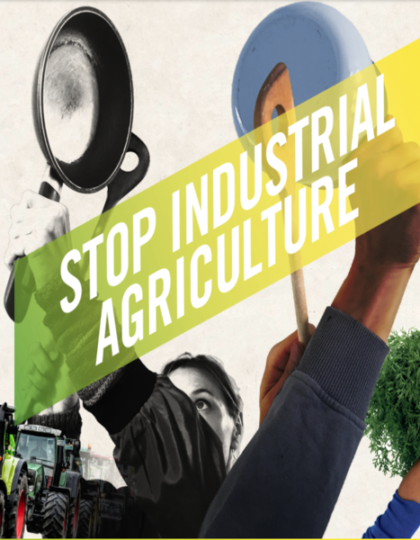
Comics showing why industrial agriculture is broken
In May 2020, the EU released its Biodiversity and Farm to Fork strategies as part of the European Green Deal.…
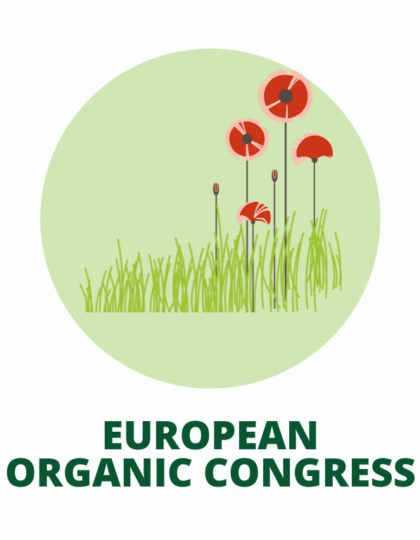
21/06/2021
Biodiversity
CAP
Climate change
EU Green Deal
Events
Farm to Fork
Food policy
Organic regulations
Ten take-aways of the European Organic Congress 2021 - 16-18 June, online, live from Lisbon
Following a successful edition of the hybrid European Organic Congress 2021, we are happy to share the ten key take-aways…

Beekeepers and civil society concerned about pesticide risk assessment methodology
At the Agriculture and Fisheries (AGRIFISH) Council on 28-29 June, Member State representatives will vote on a crucial step for…

21/06/2021
Biodiversity
CAP
Climate change
EU Green Deal
Events
Farm to Fork
Food policy
Organic regulations
More than 660 discussed transitioning to more sustainable food & farming systems at European Organic Congress - 16-18 June, online, live from Lisbon
This year’s edition of our European Organic Congress took place online and live from Lisbon on 16-18 June 2021. More…

Animal husbandry & grazing management in organic farming – Effects of the new EU Organic Regulation
On 10 June, the symposium on animal husbandry and grazing management in organic farming took place, organized by the Austrian…
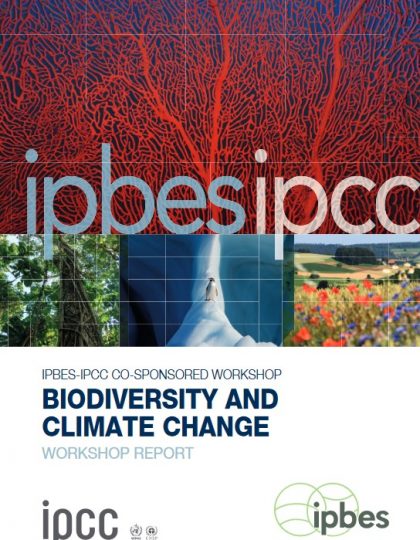
IPBES and IPCC call to prioritize solutions benefiting both biodiversity and climate
On 10 June 2021, scientist and leading experts from the Intergovernmental Science-Policy Platform on Biodiversity and Ecosystem Services (IPBES) and…
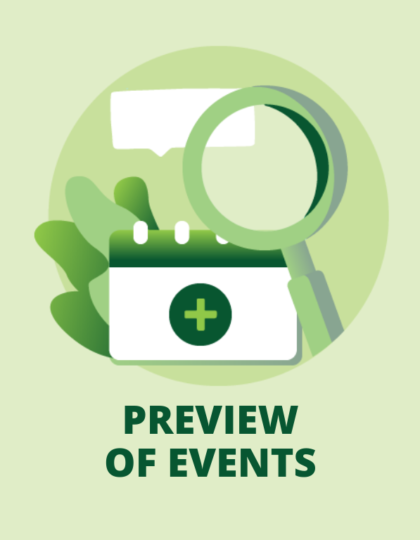
Symposium on animal husbandry and grazing management in organic farming
On 10 June, a symposium on animal husbandry and grazing management in organic farming will cover perspectives for organic producers…

31/05/2021
Organic regulations
New Organic Regulations published
Two new Delegated Regulations of the New EU Organic Regulation (EU) 2018/848 were published in the EU Official Journal. Considering these…
Replacing antibiotics in organic - Handbook on Animal Health and Welfare Protocol (AHWP)
Do you know mastitis (inflammation of the udder) is one of the main reasons for antibiotic treatments on European organic…

22/05/2021
Biodiversity
Organic is Part of the Solution in Ensuring Biodiversity
This article was first published by IFOAM Organics International on their blog ‘Organic without boundaries‘. Each and every animal, microorganism…

